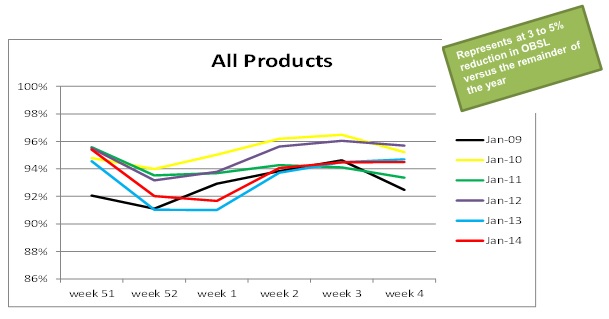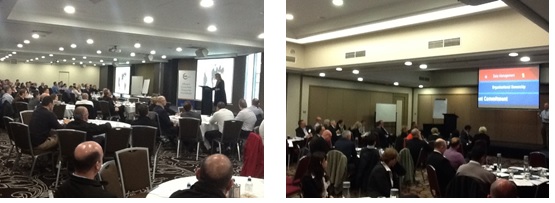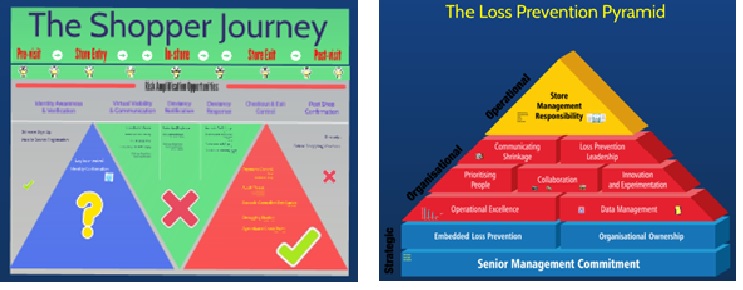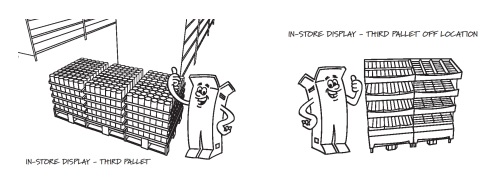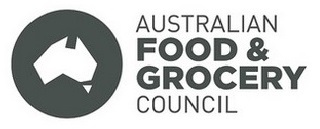On-shelf availability (OSA) has been on the ECR agenda locally and globally for many years. A wealth of knowledge, best practice guides, methodologies and tools aimed at assisting companies to implement OSA programmes are available to the industry.
The average out-of-stock rates across the industry have not improved over the last decade. The 2008 global study by Gruen and Corsten shows that the current average out of stock rate is still 8.3% with notable exceptions in markets where local ECRs or companies have taken the lead in making a difference.
The ECR Australasia Secretariat has put together the following resource document to assit you, your business and your trading partners in examining out of stocks, seeking to understand the causes and establishing best practice solutions based on global practices.
ECR Europe
On-Shelf Availability Reloaded 2011
OSA remains one of the main non-innovation-led growth engines for the industry. Experience by leading companies has indicated that each time we improve OSA by 3%; we can deliver at a minimum an additional 1% growth.
OSA Reloaded is a diagnostic self-assessment tool that reviews the key barriers that exist in addressing OSA. By using this tool and the associated case studies, steps can be taken in your own company to overcome the last remaining barriers to maximising OSA and thereby improving customer satisfaction.
Access the report here.
White paper - Approaches to Measuring On-shelf Availability at the Point of Sale - 2006
There are a number of reasons why on-shelf availability is not, or rarely, measured. Taking measurements is seen as complicated, expensive, and many companies shy away from ongoing out-of-stock (OOS) monitoring because they simply assume that they lack the detailed data to do so.
This white paper outlines a uniform measurement methodology that uses POS data. Based on an out-of-stock index, the methodology permits more accurate comparison of the OOS rate by different categories and sales channels. The method can be leveraged to initiate a continual improvement process that will ultimately increase on-shelf availability, improve the revenues of both manufacturers and retailers, and make customers happier.
Access the report here.
Optimal Shelf Availability (OSA) - Increasing Shopper Satisfaction at the Moment of Truth - 2003
The ECR guidebook on optimal shelf availability shows retailers and manufacturers the importance of improving product availability and provided an approach to making significant improvements.
A study of seven European countries showed that product on-shelf availability is between just 90 and 93 percent. At the same time, consumer surveys have shown that consumers consider product availability to be a very important factor. Poor availability affects both retailers and manufacturers and can potentially lead to considerable financial losses.
The report describes how a holistic approach can improve on-shelf availability by as much as 50 percent. The approach consists of seven improvement levers to address the specific root causes identified. The report discussed that for any approach to be successful, regular measurement and issue awareness on the part of store management is essential.
Access the report here.
ECR Asia Pacific
On-Shelf Availability Alignment Project 2011
ECR Asia Pacific’s OSA working group conducted an online survey between July and September 2011 aimed at gaining insights and measuring current attitudes towards OSA across the region.
The report highlights the growing importance of OSA which is being driven by an increase in competition for sales and demands for service levels. Over 80% of survey respondents believe there is a need for industry initiatives to drive OSA, including standard definitions and measures; sharing best practice process and outcomes; and greater collaboration between suppliers and retailers.
Access the report here.
ECR United Kingdom
Availability 2007 (and subsequent years)
The 2007 report details research carried out by the ECR UK Availability Workgroup during 2007 and builds on many of the projects which have been completed since 2005.
Driving improved on-shelf availability is a key goal for retailers, not only in the UK, but also globally, however results from ECR UK’s On-Shelf Availability Survey reveal that improvements are hard to achieve, with availability of 95.9% being achieved on average over 2007.
This Availability report demonstrated the need for an availability benchmarking survey in the UK, resulting in an updated product list, the frequency of surveys being increased and the associated reporting tools being enhanced significantly.
Access the report here.
Promotional On-Shelf Availability – Insights and Best Practice
ECR United Kingdom has developed an online resource with the assistance Cranfield University. Working with representatives from the UK’s leading retailers and manufacturers, the aim of the Cranfield research was to produce a resource that:
- Identifies the weak points across the supply chain that impacted the availability of promoted products in store.
- Highlights best practice processes and activities to enable improved promotional availability.
Access the report here.
ECR Australasia
On-Shelf Availability Reports
Access reports by clicking highlighted links, or click here.
In 2001 ECRA developed A Guide to Efficient Replenishment and Reducing Stock Outs. The objective of the guide was to provide a useful reference point for companies to improve replenishment and product availability.
In 2008 the ECRA Board commissioned a survey of industry aimed at reporting on the current status of On-Shelf Availability (OSA) levels and the adoption of the 2001 report recommendations. The report that followed was entitled The OSA Challenge.
The OSA Challenge Report report acted as a catalyst to further work completed in 2009 providing companies with a framework, both for their organisation and with trading partners, to address out of stocks (OOS), by following The On-Shelf Availability Roadmap.
In 2010 attention was turned to the availability of products on promotion, tagged Winning with Promotions, this project examined the impacts on the value chain of promoted products with the industry working collaboratively to find ways to maximise responsiveness and flexibility across the value chain.
In the third of the Winning series of reports – Winning at the Shelf: Key Insights into Causes of Out of Stocks at the Shelf the opportunities open to suppliers, manufacturers and retailers to deliver improved on-shelf availability through a focus on the in-store replenishment process is examined. The aim is to understand the key issues faced by store personnel in ensuring that the product existing within the store building is replenished to fixtures - both shelf and display - in a timely fashion to avoid out of stocks. The report details considerations for suppliers, manufacturers and retailers to assist the store replenishment process and ensure stock is available for sale when shoppers wish to purchase.







 Share Article
Share Article 